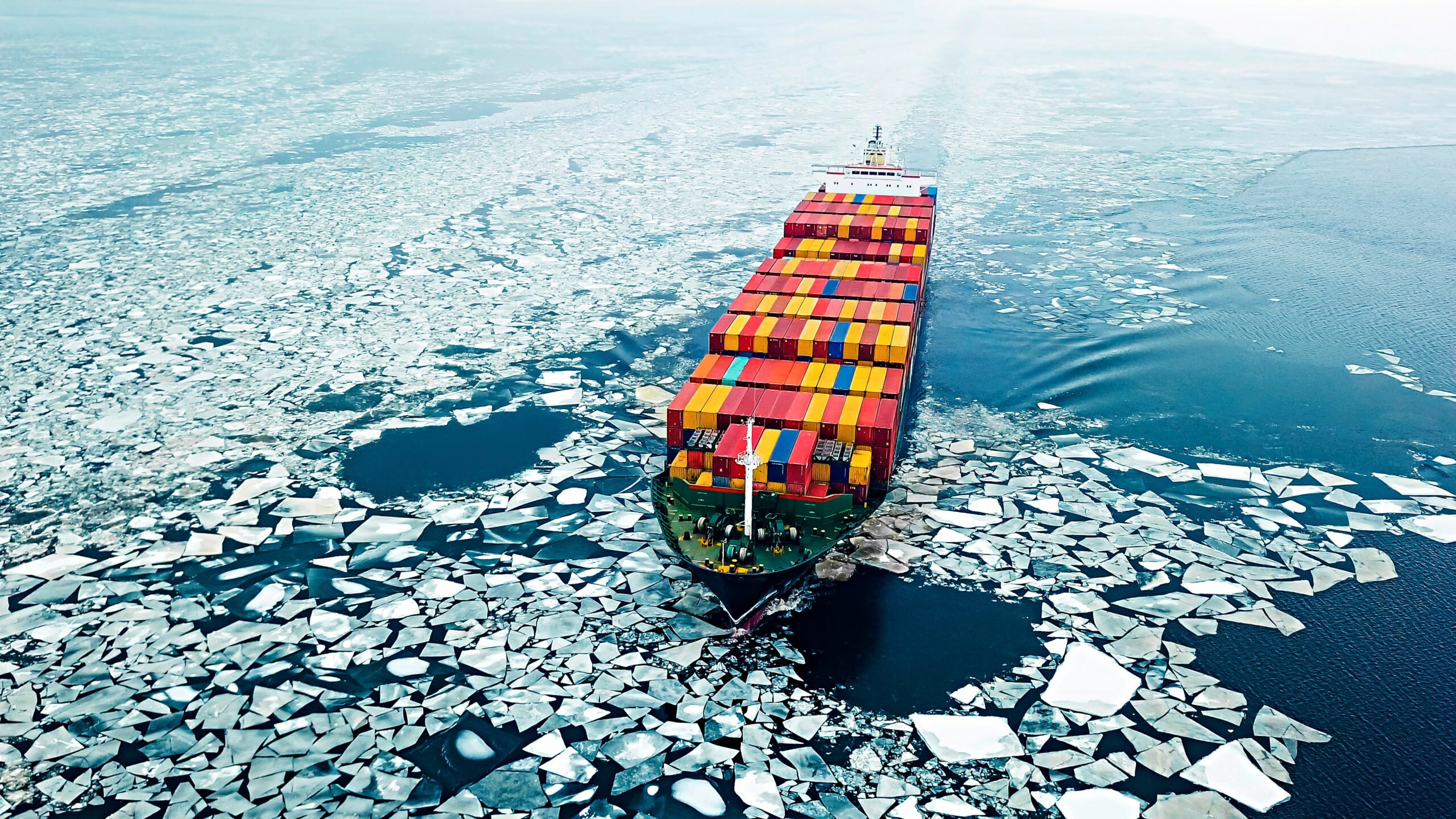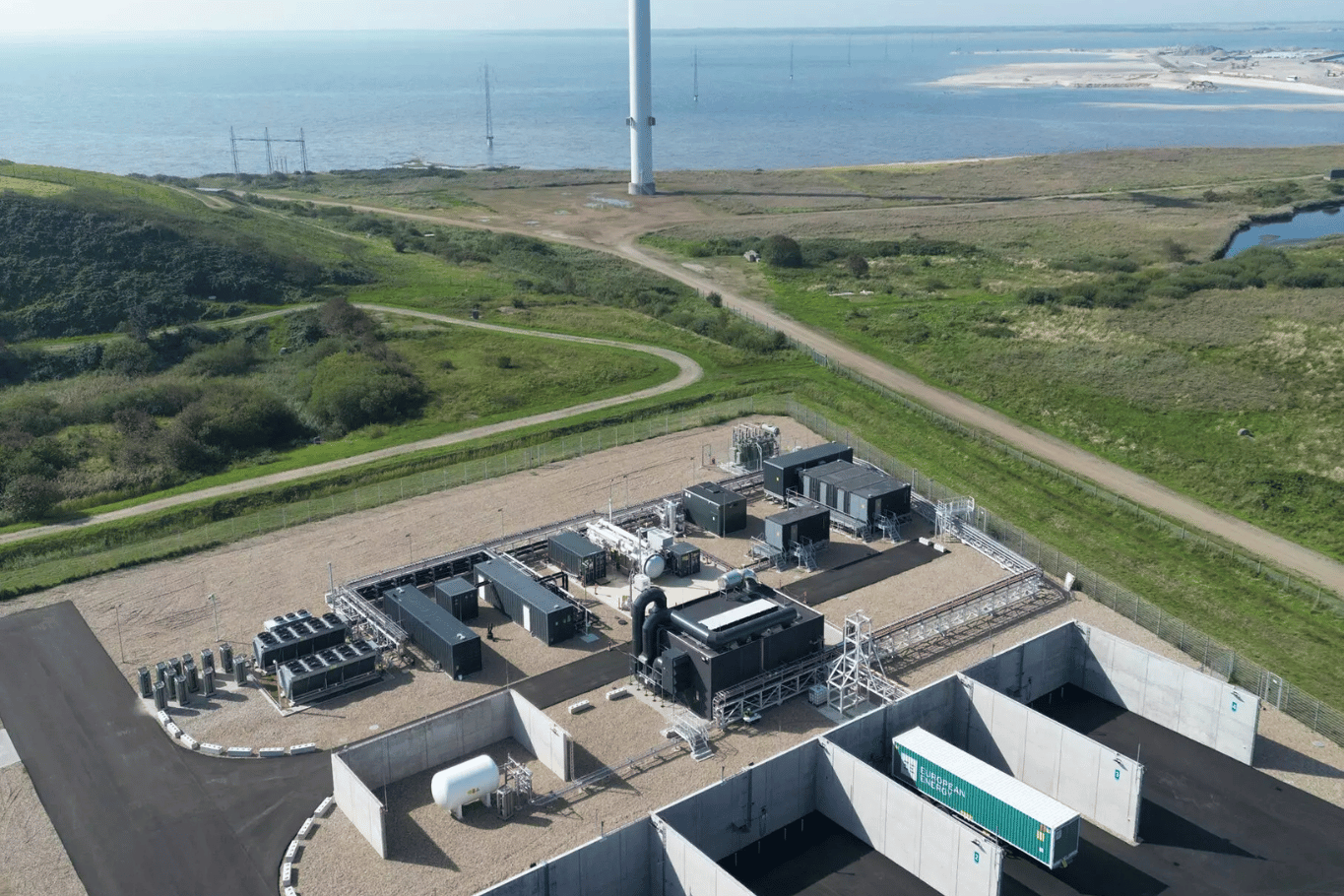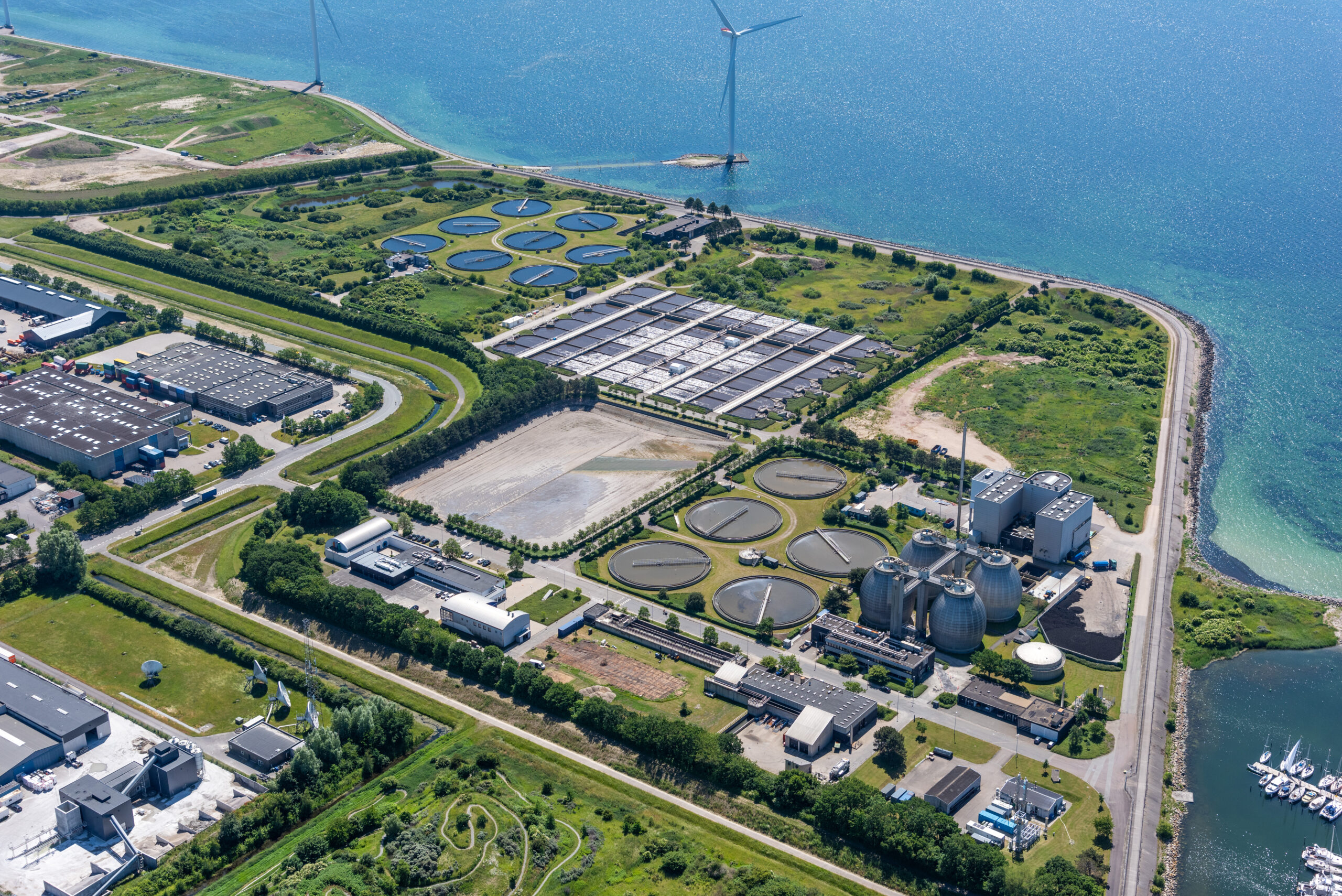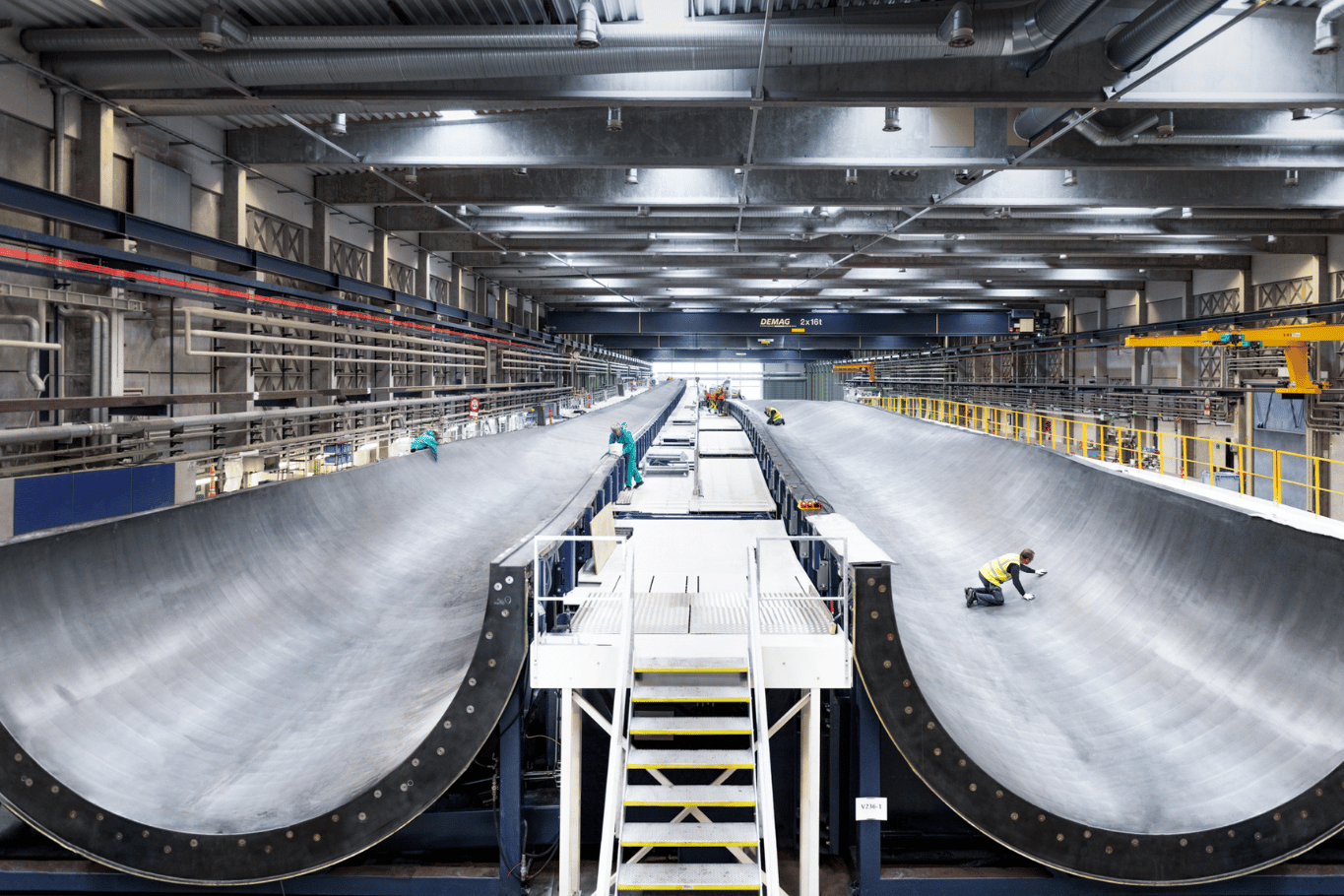Perspective
Will data drive decarbonisation at sea?


With international shipping contributing nearly 3% of global greenhouse gas emissions, even small gains in energy efficiency can have a big impact. While alternative fuels offer promise, their widespread adoption remains in nascent stages, leaving the industry grappling with uncertainty on how to move the needle in the here and now.
In an ideal world, reliable data would be available to decision makers in the industry to ensure they could make informed decisions about how to optimise their fleet. But in the real world, that’s not what is happening. Nikolaj Malmberg, Head of Business Development at Hempel, knows that lack of visibility on important data points increases uncertainty across the industry when it comes to making decisions:
“Sound business decisions need to be based on facts and figures. Data transparency and sharing could truly act as catalysts for accelerating decarbonisation in the maritime industry but, right now, decision makers do not have the transparency to best assess efficacy and ROI of different solutions that could propel efficiency and sustainability forward.”
The implementation of best practices is too slow if you ask Nikolaj:
“The data is already there. Look for example at the ISO 19030, a standard outlining a methodology to measure changes in the condition of the hull and propeller, showing indication of increases in friction that could impact a ship’s CO2 emissions. The standard was published already in 2016, so a wealth of insights is waiting to be harnessed, enabling proactive monitoring and data-driven decision making. With the urgency of climate change, now is the pivotal moment for maritime executives to harness the power of big data.”
So, what is currently standing in the way of achieving this data transparency?
According to Nikolaj, two major obstacles need addressing:
- First and foremost, a significant cultural shift needs to happen. It’s about fundamentally reshaping the way we operate and collaborate to build a more resilient and eco-conscious maritime sector. The industry has not historically had a reputation for sharing vital data amongst stakeholders. We will collectively need to shed the perception that transparency is a hindrance to the ability to compete in the market – rather, transparency can accelerate the ability to find spaces for competitive advantage, while also solving a global challenge.
- Secondly, we need influential bodies such as the International Maritime Organization (IMO) to take the lead in fostering data transparency initiatives. By facilitating collaboration, sharing best practices and driving innovation at scale, the IMO can press fast forward on the transition towards a more sustainable maritime industry.
Clearly, change will not happen overnight as fundamentally new ways of operating need to be established and capabilities need to be built up. But Nikolaj remains a steadfast believer in the industry’s ability to adapt:
“Imagine a maritime ecosystem where ship owners and operators freely exchange insights and best practices, leveraging data to optimise performance and minimise environmental impact. This paradigm shift will transcend individual standards; it’s about harnessing the power of data to drive collective action and industry-wide transformation,” he concludes.





